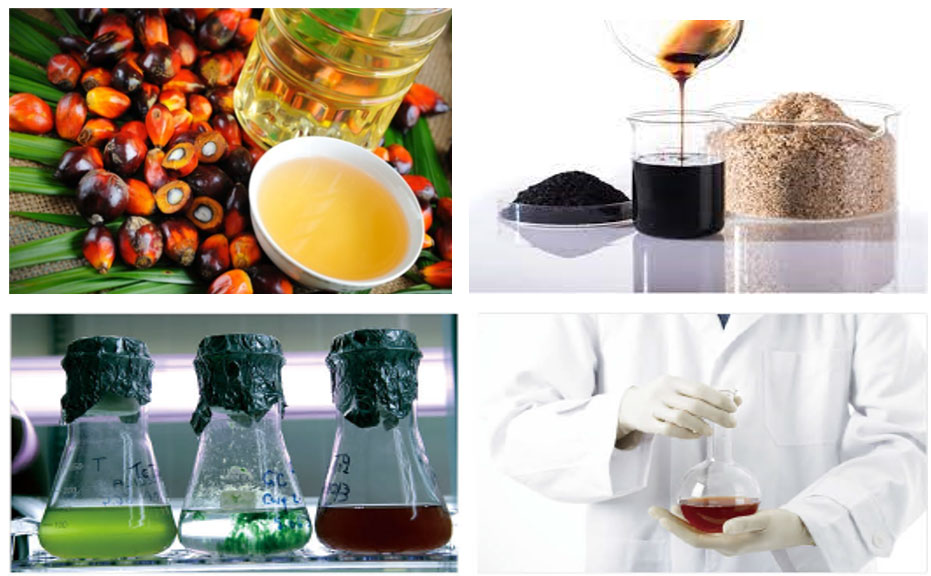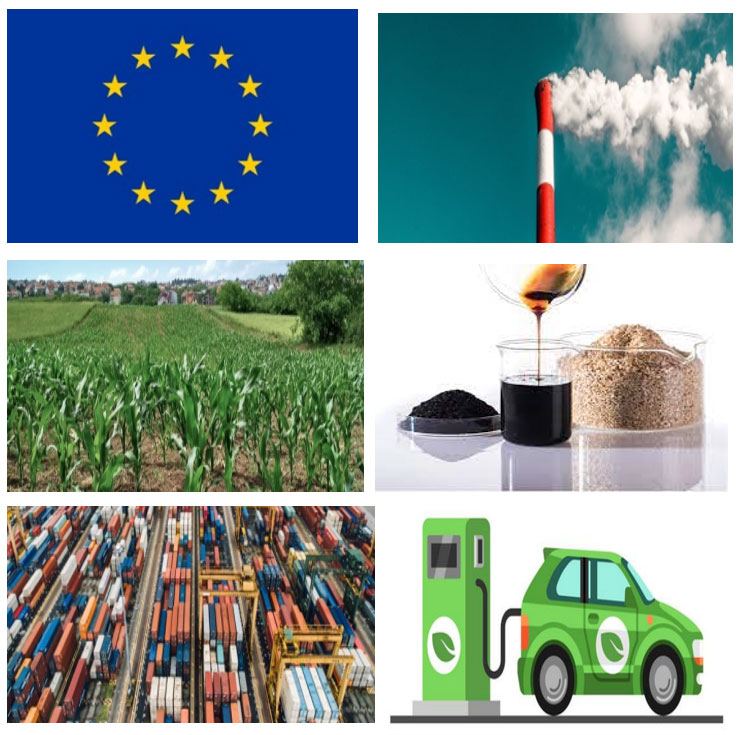Analysis support
장비이력관리
Petroleum product and Bio Oil
(Bio oil, Bio-heavy oil, Pyrolysis)
DARI is registered as an accredited testing institution for petroleum products under KOLAS ISO 17025 (02.013). We offer a variety of analysis and inspection services for petroleum and petroleum alternative fuels, including refined oil, recycled fuel oil, biodiesel, bio heavy oil, and heavy oil. Our services comply with relevant regulations and policies, including Korean legislation, EU countries' requirements, and the global renewable energy market's demands. We meet the requirements for renewable energy that can replace fossil fuels such as petroleum, including bio heavy oil, biodiesel, and waste-based pyrolysis oil (bio-naphtha, etc.).

| Analysis Item |
|---|
| Copper Strip Test, Density (Hydrometer, U-Tube), Sulfur (X-ray, UV), Kinemetic Viscosity, Carbon Residue, Elemental Analysis (CHN), Flash Point (TAG, PM, COC), Total Acid Number, Iodine Value, Chloride, Distillation, Water (Distillation, Karl Fischer), Pour Point, Trace Element, CFPP, Calorific Value, Ash, Oxidation Stability (Bio-Diesel) |
What is Bio Oil?
Bio oil, Bio heavy oil, produced from biomass like waste cooking oil and animal fats, serves as a sustainable energy source. It includes types such as UCO, animal fats, biodiesel by-products, bio-naphtha, and microalgae-derived oil. These oils help reduce environmental pollution and recycle waste by converting it into fuel. They are eco-friendly alternatives to fossil fuels, contributing to resource recycling and waste management.
What is Pyrolysis?
Pyrolysis oil is a liquid fuel obtained by pyrolyzing various wastes such as waste plastics, waste tires, and waste wood at high temperatures in the absence of oxygen. This process allows for the conversion of waste into valuable fuel, making it a noteworthy eco-friendly alternative to fossil fuels.
As Alternative Fuels
Bio-oil and Pyrolysis derived from sources such as waste cooking oil, animal fats, and biomass, waste plastic is emerging as a prominent renewable alternative to fossil fuels.
This sustainable fuel significantly mitigates environmental pollution and carbon emissions while promoting the beneficial recycling of waste materials.
The bio-oil market is expanding rapidly due to the growing emphasis on sustainable energy solutions, with applications spanning transportation, power generation, and agricultural machinery.
Governments worldwide are enacting policies to promote renewable energy usage, driving a consistent increase in bio-oil demand.
Furthermore, advancements in technology and production efficiency are enhancing the economic viability of bio-oil, bolstering its competitiveness in the global market.

World wide Policies
and Guidelines
and Guidelines
United States: Renewable Fuel Standards (RFS)
EU: Renewable Energy Directive (RED II)
Emissions Trading System (ETS):
California, Canada: Low Carbon Fuel Standards (LCFS)
Global: Tax Incentives and Subsidies
Korea: Petroleum Alternative Fuel Business Act
Clean Air Conservation Act
Waste Management Act
EU: Renewable Energy Directive (RED II)
Emissions Trading System (ETS):
California, Canada: Low Carbon Fuel Standards (LCFS)
Global: Tax Incentives and Subsidies
Korea: Petroleum Alternative Fuel Business Act
Clean Air Conservation Act
Waste Management Act


